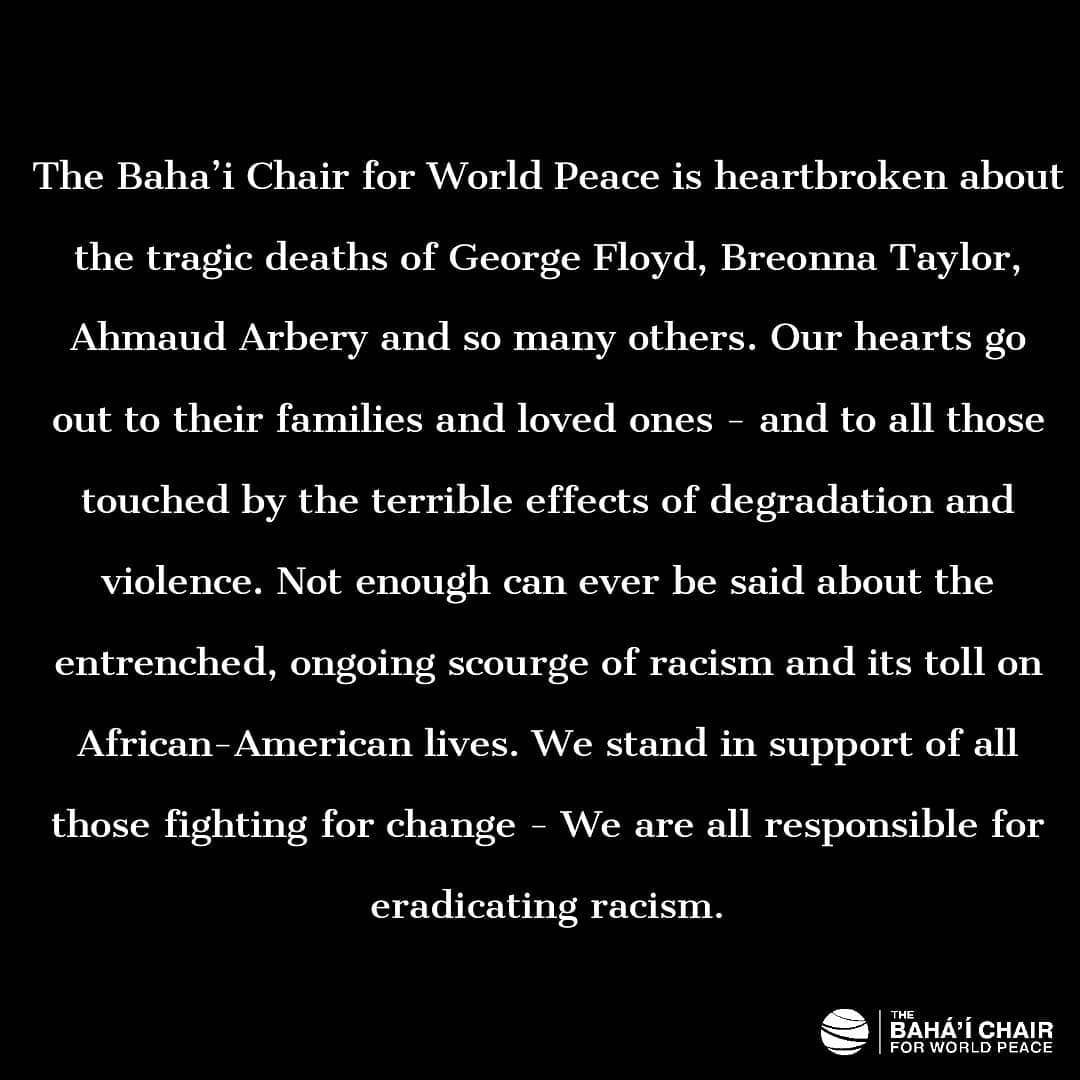We have reached Part III, which is titled “Structural Inequalities.” This is a very broad and significant topic, and the essays featured in this section cover a wide range of problems and solutions. The section begins with an introduction by Dr. Kate Seaman called “Acknowledging and Addressing the Inequalities in the International System.”
In this chapter, Dr. Seaman points out the ways that the fundamental structure of our international systems plays a direct role in the possibilities and limitations of responding to global problems and building peace. Institutions like the UN were created in a period that is very different than our current moment. In 1945 there were only 74 recognized sovereign nations, while today, there are 195. Additionally, colonialism, imperialism, and racist social science, heavily influenced past conceptions of global governance. While conscious values and terminology have changed, the power and influence of that systemic inequality remain.

